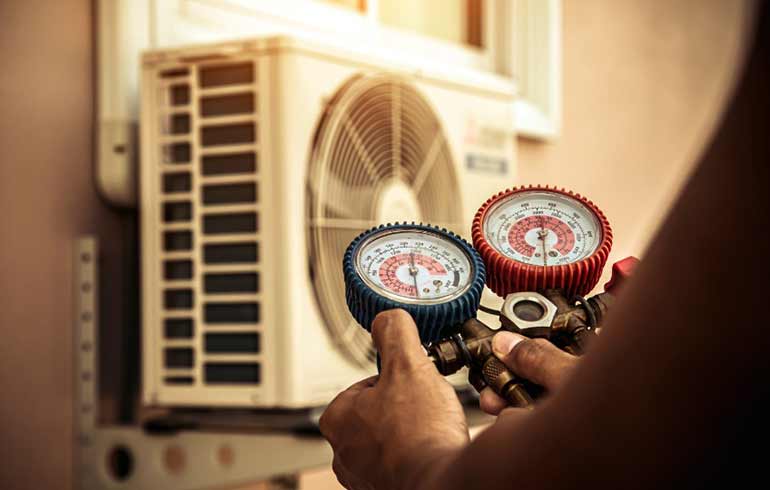Heat pumps need legal installation standards
5th January 2023
UK: The Chartered Institute of Plumbing and Heating Engineering (CIPHE) has called for a legally enforced minimum qualification for all heat pump installations.
For homeowners to benefit from the Boiler Upgrade Scheme, engineers installing heat pumps must be MCS certified, but there is currently no mandatory qualification on top of the minimum NVQ Level 2 qualification, for general heat pump installations completed outside the scheme.
The CIPHE argues that without this systems could be environmentally and financially inefficient and even dangerous for system users.
“Competency is essential. So, the idea there’s no minimum legal standard for all heat pump installations is nonsensical,” said CIPHE CEO Kevin Wellman. “With proficient installation, heat pumps can provide low-carbon heating which saves money and has a positive impact on the environment. In cases where poor installations are carried out, there could be disastrous ramifications,” he added.
Wellman also warned of the potential for an influx of legal claims years down the line. “We are all vulnerable if plumbing and heating work is poorly executed and, if plumbing and heating professionals are not appropriately trained and a legal standard put in place, the consequences could be severe.”
In November 2022, the Department for Business, Energy and Industrial Strategy (BEIS) launched a £9.2m energy efficiency training scheme. However, the Scottish Heat in Buildings Strategy document states that there are no specific statutory minimum qualifications required to install zero direct emissions heating systems, or carry out energy efficiency works.
The CIPHE is now calling for a legal qualification requirement for all installers. “Steps like the BEIS investment and updates to the Scottish Heat in Building Strategy are extremely positive. However, this must be underpinned by a mandatory minimum standard for all heat pump installers, including those installed outside of the upgrade scheme.
“Given that many boiler replacements are distress purchases, there will be a percentage of the population who cannot wait for government grants to come through. In these incidents consumers may be vulnerable to poor installations.”







